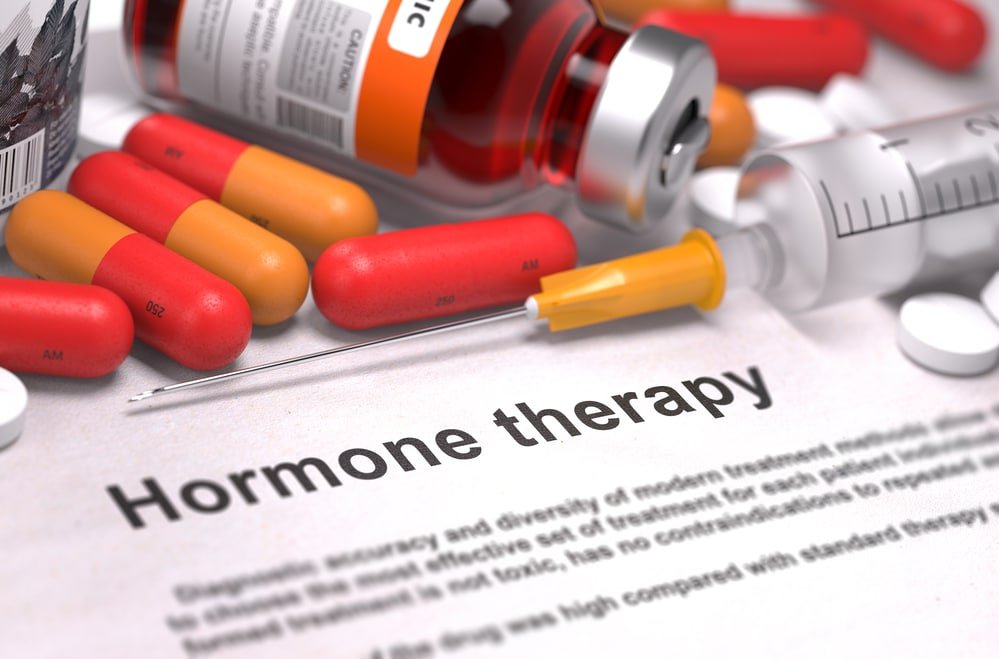
Testosterone replacement therapy (TRT) is a medical treatment option designed to address low testosterone levels in men. It involves the administration of testosterone through various methods, such as gels, injections, patches, or pellets. TRT aims to restore testosterone levels to a healthy range and alleviate symptoms associated with low testosterone. However, determining whether TRT replacement therapy is the right choice for you requires careful consideration and consultation with a healthcare professional. Let’s explore some key factors to help you make an informed decision.
- Symptoms of Low Testosterone
The first step in determining if TRT is right for you is to assess whether you are experiencing symptoms of low testosterone. Common symptoms include fatigue, reduced energy levels, decreased libido, erectile dysfunction, mood changes, decreased muscle mass, and increased body fat. If you are experiencing these symptoms, it may be worth discussing with a healthcare professional to determine if low testosterone is the underlying cause. - Blood Test and Diagnosis
To accurately diagnose low testosterone, a blood test is typically conducted to measure your testosterone levels. It’s essential to consult with a qualified healthcare professional who specializes in hormone therapy to interpret the results and make an accurate diagnosis. They will take into consideration your symptoms, medical history, and other factors to determine if TRT is appropriate. - Underlying Medical Conditions
It’s important to consider any underlying medical conditions that may affect the suitability of TRT. Some medical conditions, such as prostate cancer, breast cancer, and severe heart or liver problems, may be contraindications for TRT. Your healthcare provider will carefully assess your medical history and conduct necessary screenings to ensure that TRT is safe for you. - Potential Benefits and Risks
Understanding the potential benefits and risks of TRT is crucial in making an informed decision. TRT can help alleviate symptoms associated with low testosterone, such as fatigue, low libido, and mood changes. It may also improve muscle mass, bone density, and overall well-being. However, TRT does carry some potential risks, including an increased risk of blood clots, sleep apnea, acne, breast enlargement, and infertility. Your healthcare provider will discuss these risks and potential side effects with you. - Individualized Treatment Approach
TRT should be approached as an individualized treatment plan tailored to your specific needs. The dosage, administration method, and frequency of TRT will be determined by your healthcare provider based on your testosterone levels, symptoms, and response to treatment. Regular monitoring of testosterone levels and potential side effects is essential to ensure the effectiveness and safety of TRT. - Lifestyle Factors
It’s important to recognize that TRT is not a standalone solution for all health concerns. Lifestyle factors, such as diet, exercise, stress management, and adequate sleep, play a significant role in overall health and well-being. TRT works best when combined with a healthy lifestyle, including regular exercise, a balanced diet, and stress reduction strategies. - Ongoing Monitoring and Management
TRT is a long-term commitment that requires ongoing monitoring and management. Regular follow-up appointments with your healthcare provider will ensure that your testosterone levels are properly maintained and that any potential side effects or concerns are addressed promptly.
Determining if TRT is right for you involves a comprehensive assessment of symptoms, a thorough diagnosis, consideration of underlying medical conditions, understanding the potential benefits and risks, and personalized treatment planning. It is essential to consult with a qualified healthcare professional who specializes in hormone therapy to guide you through the process and make an informed decision. Together, you can determine if TRT replacement therapy is an appropriate and beneficial treatment option to address your specific needs and improve your quality of life.